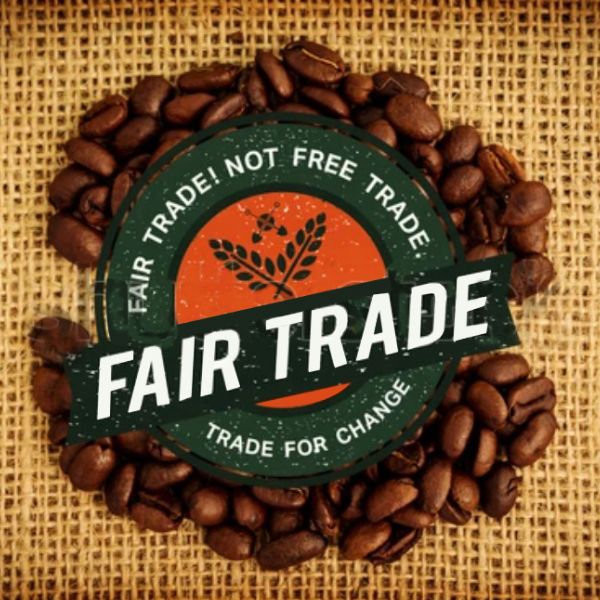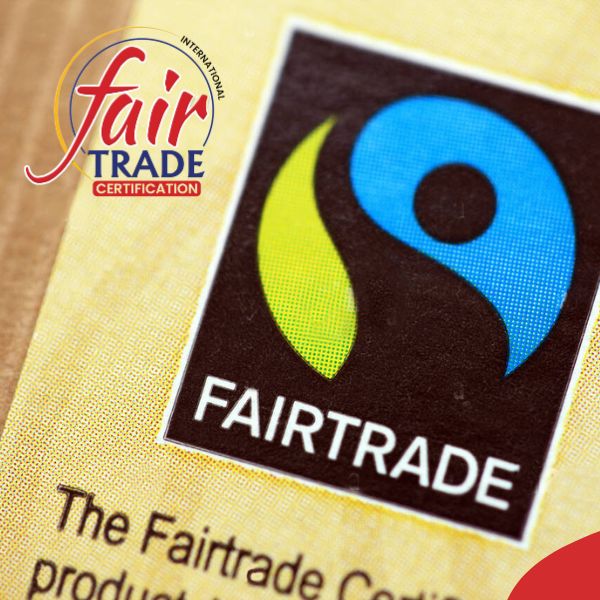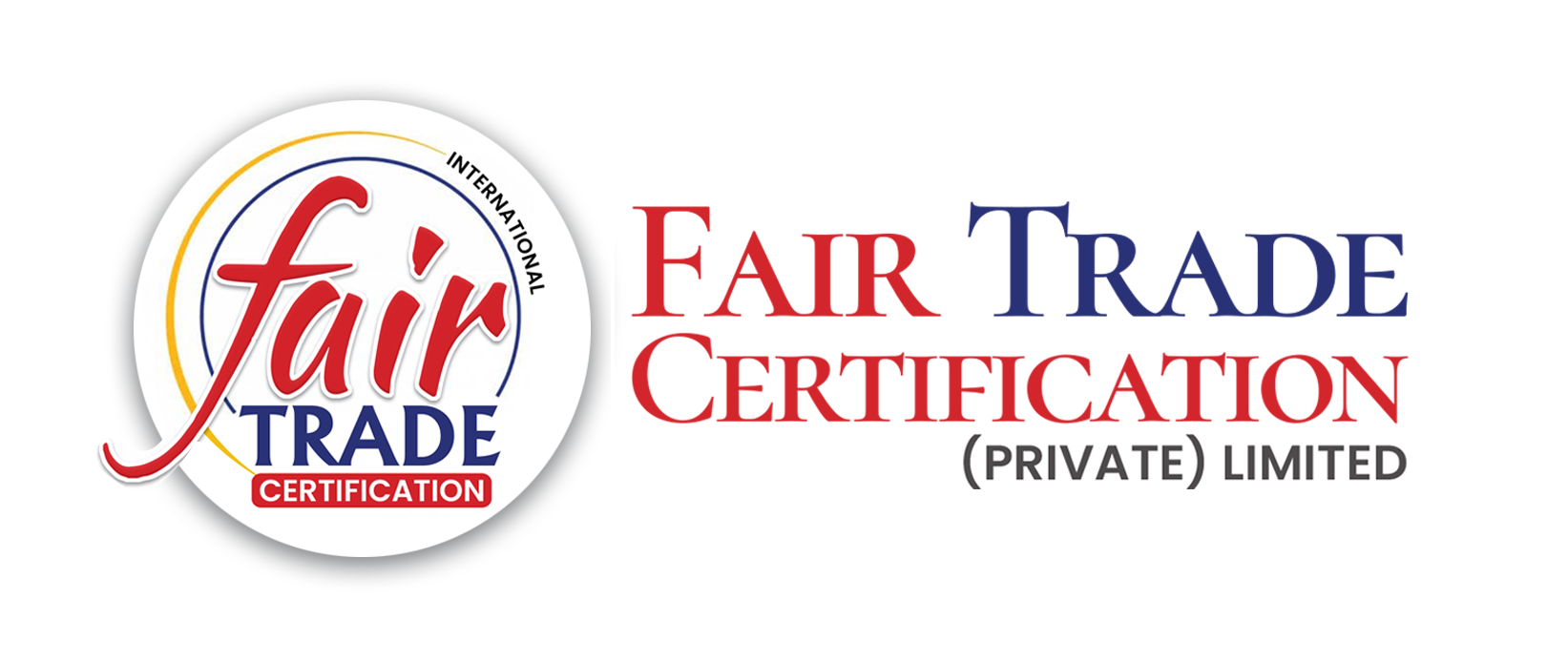WHAT IS FAIR TRADE?


What is Fair Trade?
Fair Trade is an international movement dedicated to establishing equity, sustainability, and ethical practices within global trade. It champions the rights of farmers and workers in developing countries, ensuring they receive fair prices for their goods and labor, leading to better living conditions and community development. By adhering to stringent standards, Fair Trade aims to create more transparent and respectful trade relationships between producers and consumers. This includes a focus on decent working conditions, environmental conservation, and the prohibition of forced labor and child labor.
Fair Trade certification signals to consumers that the products they purchase have been ethically sourced, emphasizing social responsibility and environmental stewardship throughout the supply chain. This movement covers a broad spectrum of products, including agricultural commodities like coffee, tea, and bananas, as well as handicrafts, textiles, and even precious metals. By choosing Fair Trade certified goods, consumers actively participate in a global effort to support sustainable production methods and equitable trade practices.
Understanding the Certification Process
An independent, third-party auditor or Fair-Trade Certification Body like Fair Trade Certification Pakistan (FTCP), then evaluates the applicant's operations against Fair Trade standards, focusing on fair wages, safe working conditions, and environmental impact. Successful applicants receive the Fair Trade Certified™ seal, symbolizing their dedication to ethical practices.
This certification is periodically reviewed to ensure ongoing compliance, fostering transparency, accountability, and continuous improvement in global trade practices.
Producers and companies need to meet specific criteria established by fair trade organizations to become certified by fair trade. These criteria encompass the production process’s social, economic, and environmental aspects. The certification process involves an assessment of the entire supply chain to ensure that everyone involved is treated fairly and ethically.
Benefits of Fair-Trade Certification
Moreover, Fair Trade Certification allows companies to differentiate themselves in a crowded market. It serves as a mark of quality and ethical assurance that can attract a dedicated customer base looking to make socially responsible purchases. This differentiation can be particularly advantageous in competitive sectors where consumers are bombarded with choices, helping Fair Trade Certified brands to stand out.
The certification also opens doors to new markets and distribution channels, including specialty retailers that prioritize ethical products. Additionally, it enhances a company's brand image and reputation, not just among consumers but also within the industry and among potential investors who are increasingly considering sustainability and ethical factors in their decision-making processes.


